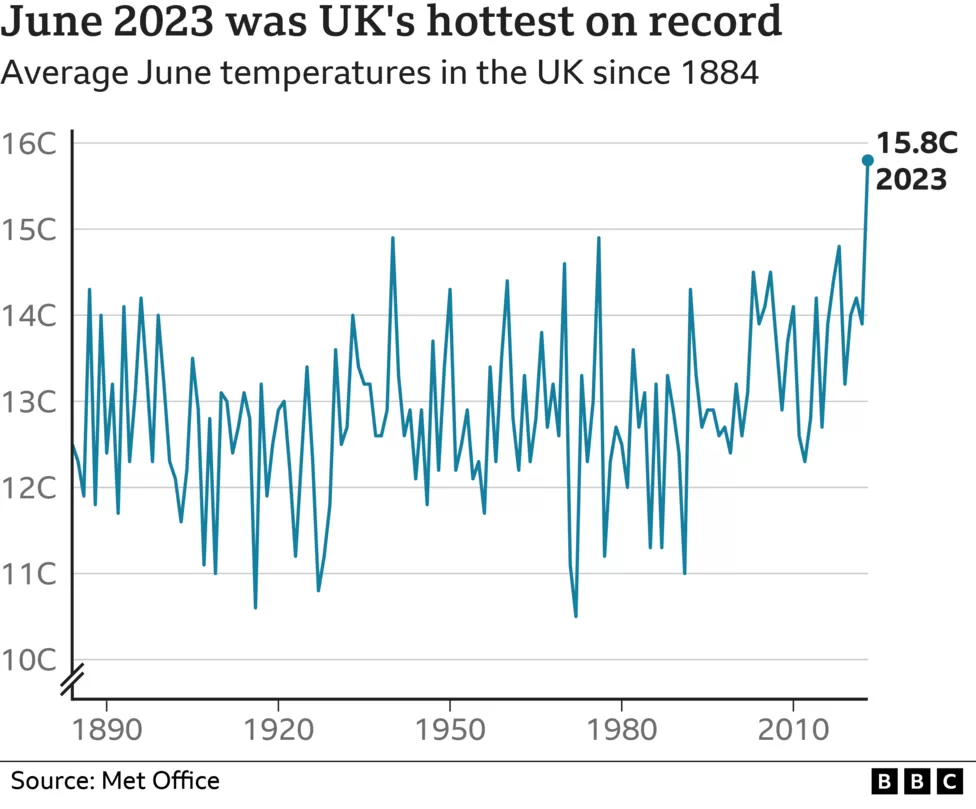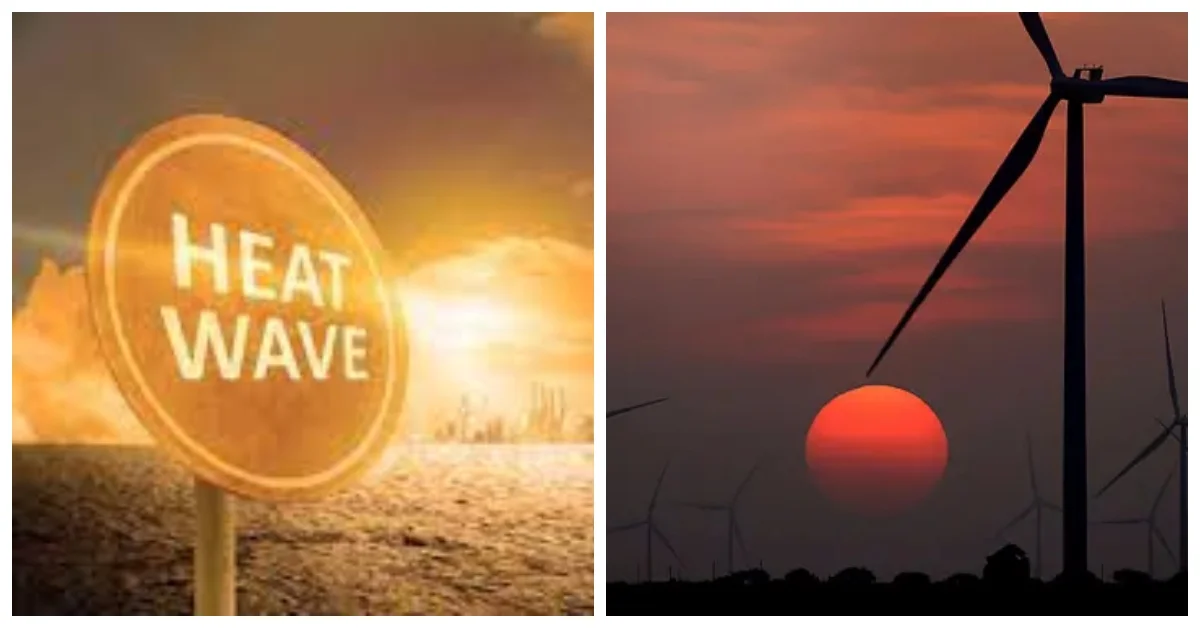The changing climate patterns have been felt more in this year’s summer posing severe consequences to the planet and its people.
According to meteorological departments across the world, especially in Europe, America, and Asia, there have been dangerous levels of heat, and the heat levels are expected to keep rising in the coming days. There have been reported deaths due to heat-related illnesses affecting both humans and wildlife.
Read Also: Heat Waves Cause Deaths in Asia, Europe
The UK
The meteorological office this last week confirmed this year’s June was the hottest ever on record. According to their records, this year’s June monthly average reading of 15.8C (60.4F) was 0.9C warmer than the previous record-high June temperatures, which were set in 1940 and 1976, respectively.

Speaking to BBC, the chief meteorologist said that although the increase may not seem that high, the ripple effect may be worse considering that the figures reflect the average day and night temperatures for all of the UK. Environmentalists have also raised alarm as to the effects of the heat levels on the wildlife.

They have warned that the hottest June ever recorded in the UK resulted in huge fish deaths in waterways as well as disturbed plants and insects. The cause of the fatalities in marine life has been attributed to the increase in consumption of water by human beings in order to ease themselves from the effects of the high heat.
The USA
In the United States, heat-related deaths affect hundreds of people each year. There have been threats of extreme heat in major parts of the country ahead of the July 4 holiday.

Heat-related deaths and illnesses have been recorded in states like Texas and Arizona even as the weather forecasters predict higher temperatures in the coming days. The Southern areas of the US were predicted to be in the center of the heat waves by the weekend after it surged eastward Thursday, pressuring the Texas electrical system and killing 13 people there and one more in Louisiana.
Subscribe to our Youtube channel Switch TV
The alarming increase in heat-related fatalities serves as a reminder that addressing the effects of climate change is essential. Rapid action is required to cut greenhouse gas emissions, put in place efficient heat mitigation plans, and give vulnerable populations’ security and well-being a top priority.
















